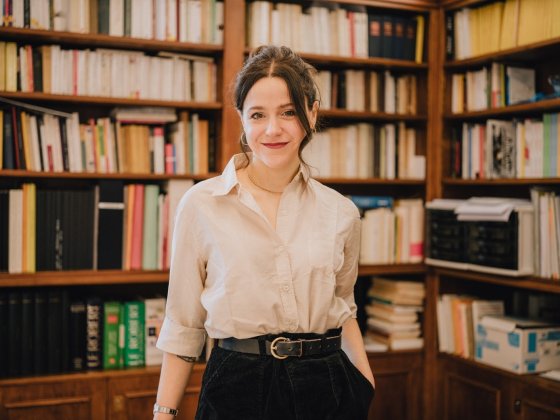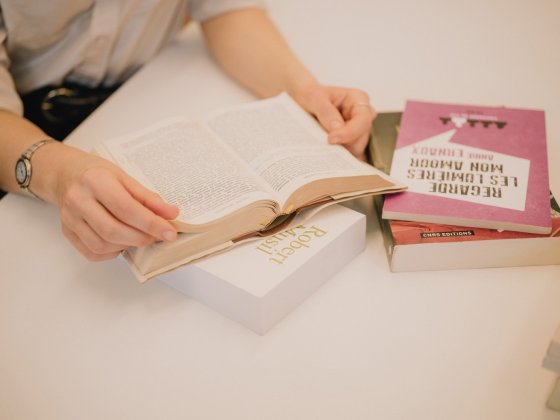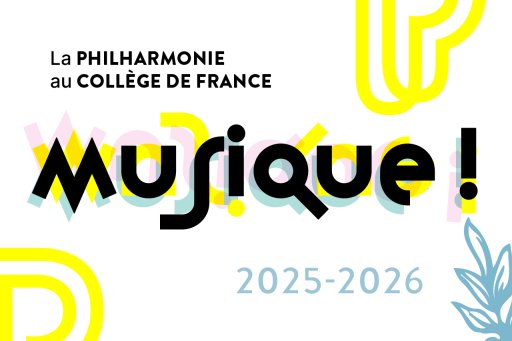
When did you start working on Paul Valéry ?
I became interested in Paul Valéry towards the end of my Master's studies, when I began to read him with passion and interest. I didn't plan to research him : it was only later, during my Erasmus in Paris and the preparation of my thesis project, that I wanted to include him in my corpus. Valéry is a canonized author, yet relatively little studied today. He can be approached from very different disciplines and approaches, and used to interrogate issues relating to the birth and transformations of the Western literary tradition.
During my thesis, I focused on four authors who are often associated with the modernist movement, even if it would perhaps be more appropriate to speak of a posture or situation. Writers associated with modernism maintain a particular relationship with their models of writing (and sometimes even of thought or behavior), and engage with them in a dialogue that is not without elements of conflict. Among these authors, Valéry is one of those who have most problematized the question of literary heritage.
How did you come to work with Prof. William Marx after completing your thesis ?
I attended Pr Marx's seminars at Université Paris Nanterre in 2016. In 2021, he was a member of my thesis jury, inviting me to apply for the Anna Caroppo Scholarship from the Collège de France Foundation for the following year of my defense. Her work on Valéry and the publication of the Cours de poétique naturally led me to propose a project on Valéry, which I nevertheless wished to study from a little-explored angle. I also wanted to give this project, which is funded by a grant reserved for female researchers, a gender studies perspective.
Your research involves a great deal of archival work..
I'm interested in an unpublished notebook by Valéry, shortened to Agar-Rachel-Sophie. This is the preparatory notebook for the anthology of short stories, deliberately interrupted, entitled Histoires brisées, published posthumously in 1950. In this laboratory, Valéry developed a series of writing experiments, almost all in the first person of the feminine. And yet, in Valéry's work, the feminine takes on a vastly different role : think of the protagonist in La Jeune Parque, the wife and niece in Monsieur Teste, or Lust in Faust. I was interested in these feminization strategies because it seemed to me that, in the Agar-Rachel-Sophie notebook, Valéry uses the feminine I to explore literary subjects and genres that he would not have allowed himself to indulge in in masculine writing, and therefore more immediately identifiable as personal. This is particularly true of autobiography and narrative, two forms that are extremely problematic for him, both because of their relationship with mimesis and their utilitarian use of language.
What material form do these notebooks or diaries take?
We tend to confuse the notebooks known as " du matin " (best known for the anthology divided into rubrics compiled between 1973 and 1974 by Judith Robinson in the " Bibliothèque de la Pléiade ") with the notebooks Valéry dedicated to a specific project, as seems to be the case for Agar-Rachel-Sophie. In this type of object, we often find fragments that look extremely elaborate, but whose organization does not result in any finished form. The notebook I'm analyzing can therefore be read as a phase of intermediate work to be replaced by the finished collection ( Histoires brisées), or as an ideal model of unfinished writing. All genres, literary and sexual, are explored here : the tale, of course, but also the diary, the verse poem, the dialogue, the aphorism. As the indecision of the title suggests (traced and crossed-out first names, followed by question marks in yellow paint, are written on its cover), the I of the notebook is not one, but one and many.
What does " la place du féminin chez Paul Valéry " mean?
In the case of this notebook, it's quite complex to define. Micheline Hontebeyrie has identified three writing campaigns, each traceable to a crucial female figure in Valéry's life : Catherine Pozzi, Jean Voilier and Renée Vautier appear in the notebook under pseudonyms, as a kind of fictional characters who exchange the place of enunciation with Valéry. My impression is that the latter is also trying his hand at writing a kind of fictional young girl's diary, recovering biographical elements from the lives of the three women and mixing them with others drawn from his own. The resulting writing exercises are quite sensual : far removed, then, from the rather cold, intellectual image we associate with Valéry's work.

Can you tell us about your discipline, Comparative Literature ?
Comparative Literatures is a relatively young discipline. It was born at the end of the 19th century, but only entered university curricula in the middle of the 20th century. Its definition and status are still the subject of debate. A common element in the various approaches is the questioning of cultural objects (literary or otherwise) through comparison. The starting point for this comparison can be historical, generic or thematic : it's the differences and differences rather than the similarities that need to be brought out and highlighted.
Have you always been interested in literature ?
I grew up in a family that attached a vague symbolic value to literature. I was never prevented from taking a course in the humanities, even though in Italy such a choice is not easy. I was able to study classics as early as high school, and it was during this period that I began to read (especially poetry) and to question this family heritage. Come to think of it, when I was given Roald Dahl's Matilda as a present (I must have been six or seven years old), I immediately identified with this girl struggling against a world that prevents her from following her vocation, and who can protect herself from it by reading.
In his first lecture this year, Prof. William Marx talked about " the researcher's studio ". What is a working day like for a literary researcher ?
When I have to work on manuscripts, I go to the Richelieu site of the Bibliothèque nationale de France. Right now, I'm consulting Catherine Pozzi's collection. I've noticed several passages in Valéry's notebook that overlap with those in his diaries : we know that they used to write and draw with both hands, and it's fascinating to note how this experience allows us to rethink the stereotypes generally associated with women's writing (most often identified with the expression of feelings in so-called pre-aesthetic genres such as the diary or correspondence). I carry out both a genetic analysis of text construction, and a generic analysis, questioning the stakes involved in writing a diary or a story. These study days are often solitary, but once a month I meet with the two teams to which I belong, the ITEM (Institut des textes et manuscrits modernes) and the CERC (Centre d'Études et de Recherches Comparatistes de la Sorbonne Nouvelle), as well as with Professor Marx. These are important moments of exchange.
Will you be continuing to work on these issues afterwards ?
Both the grant and the current research project come to an end next year, so what happens next is very uncertain. In addition to the activities we've just been talking about, Prof. Marx has been kind enough to involve me in the organization of the colloquium " Valéry au Collège de France ", to be held in June 2023, which looks set to be an exciting event. At the same time, I'm beginning my campaign for the position of Associate Professor, editing the correspondence of an Italian poetess (Amelia Rosselli) and preparing a project on Marcel Proust, who, like so many others, has exerted an extreme fascination on me. I'd like to develop the question of female characters in À la recherche du temps perdu, and reflect on their intellectual and literary education.
Dr Matilde Manara is the recipient of the Anna Caroppo Scholarship from the Collège de France Foundation 2022. She is working under the supervision of Prof. William Marx of the Collège de France on a research project entitled " Find Rachel ! Stratégies de féminisation dans les cahiers de Paul Valéry et d'Antonin Artaud ".
Photos © Patrick Imbert
Interview by Aurèle Méthivier










